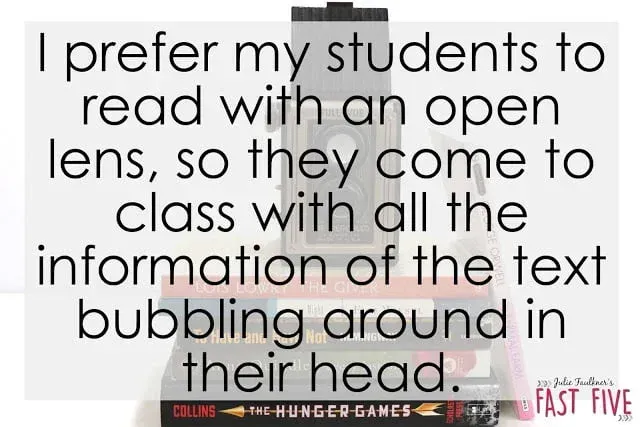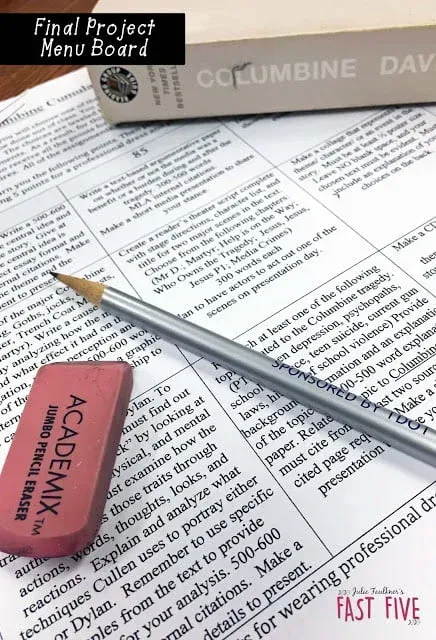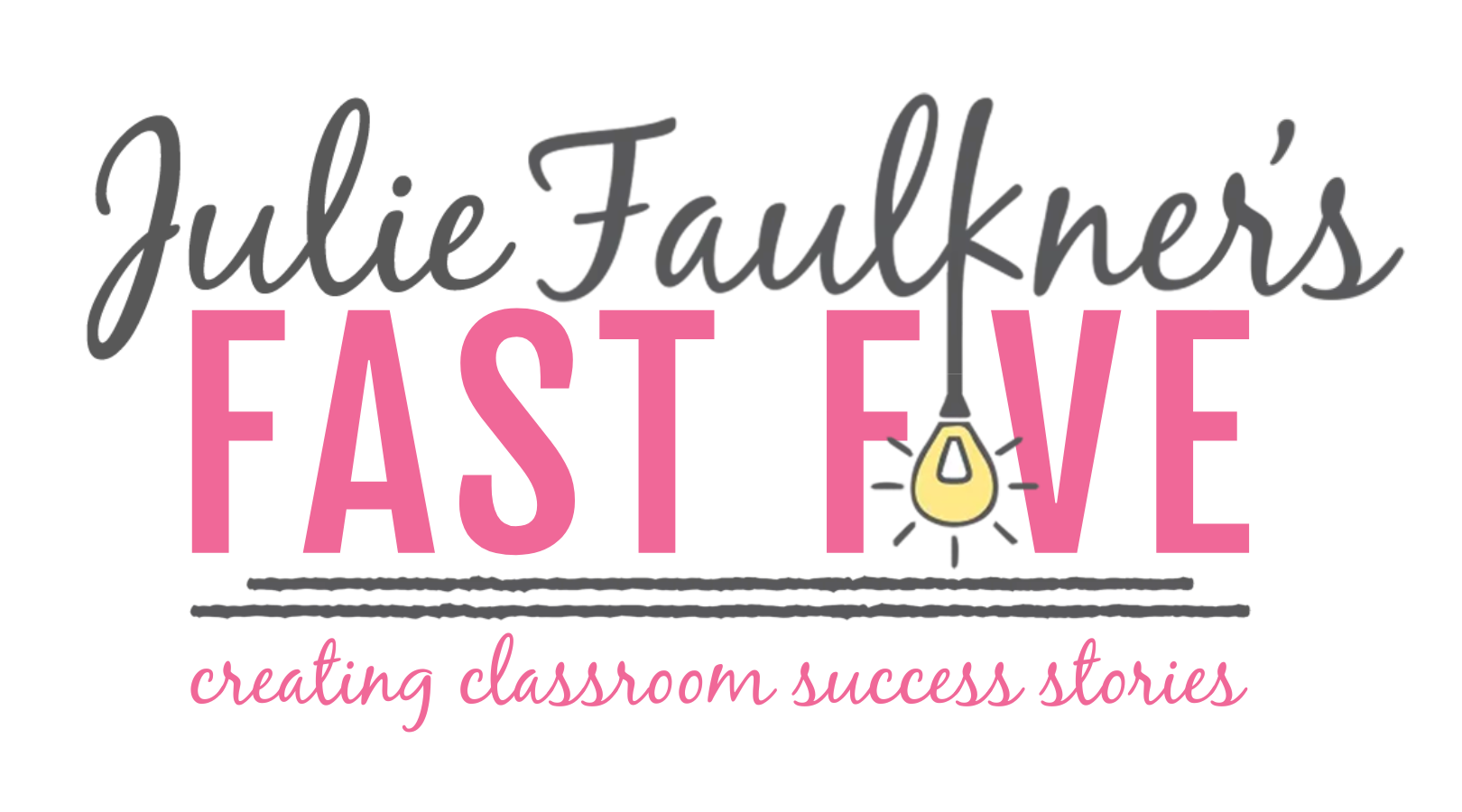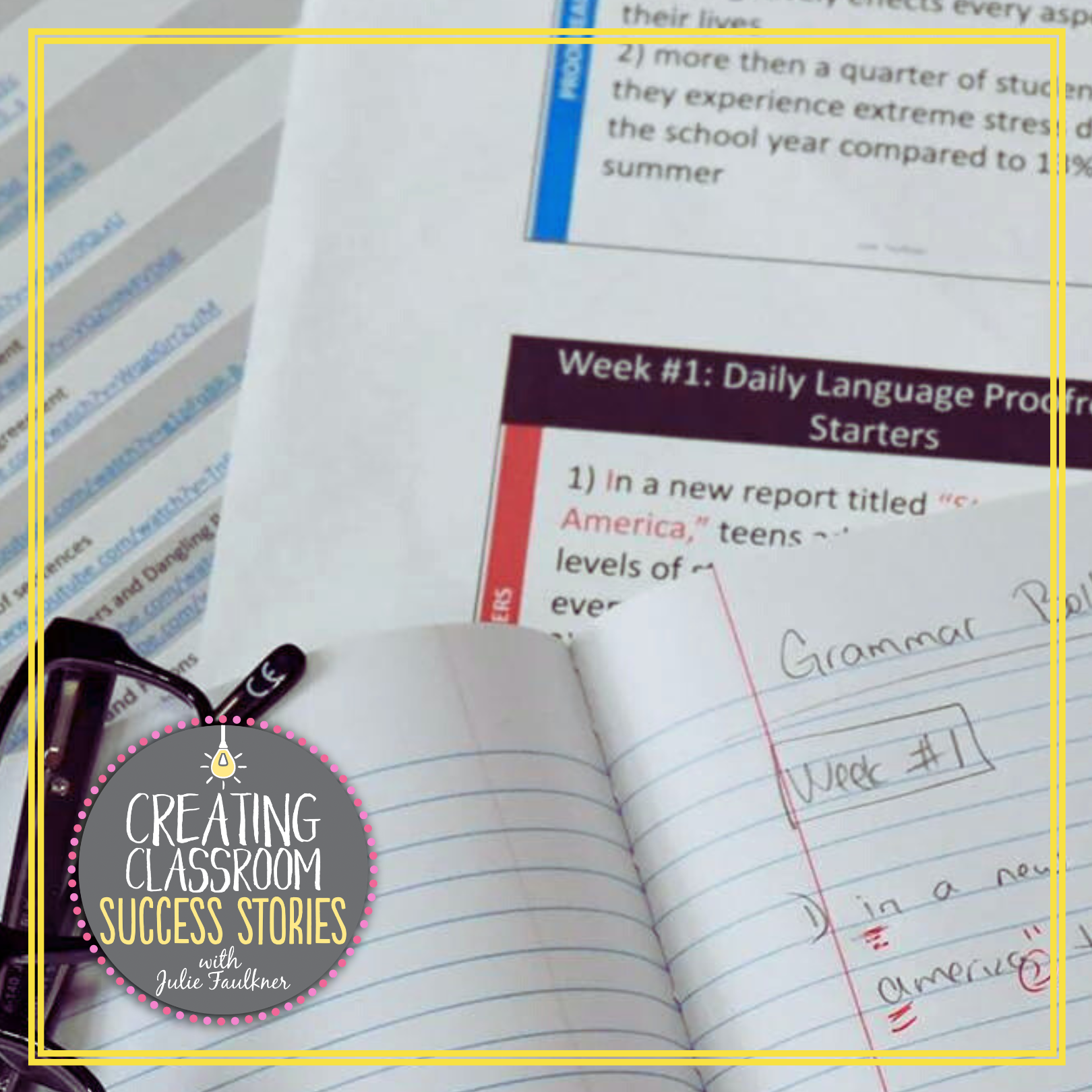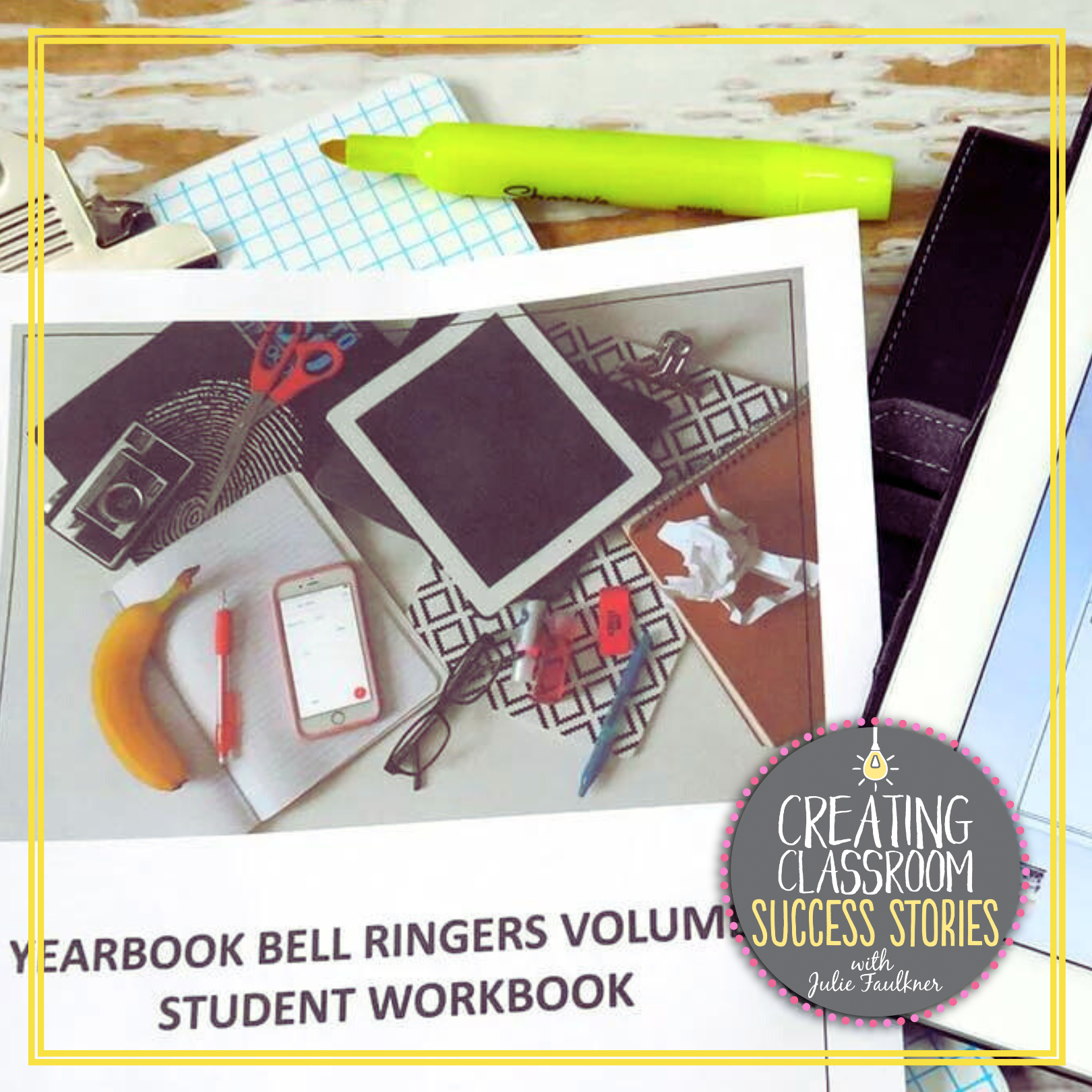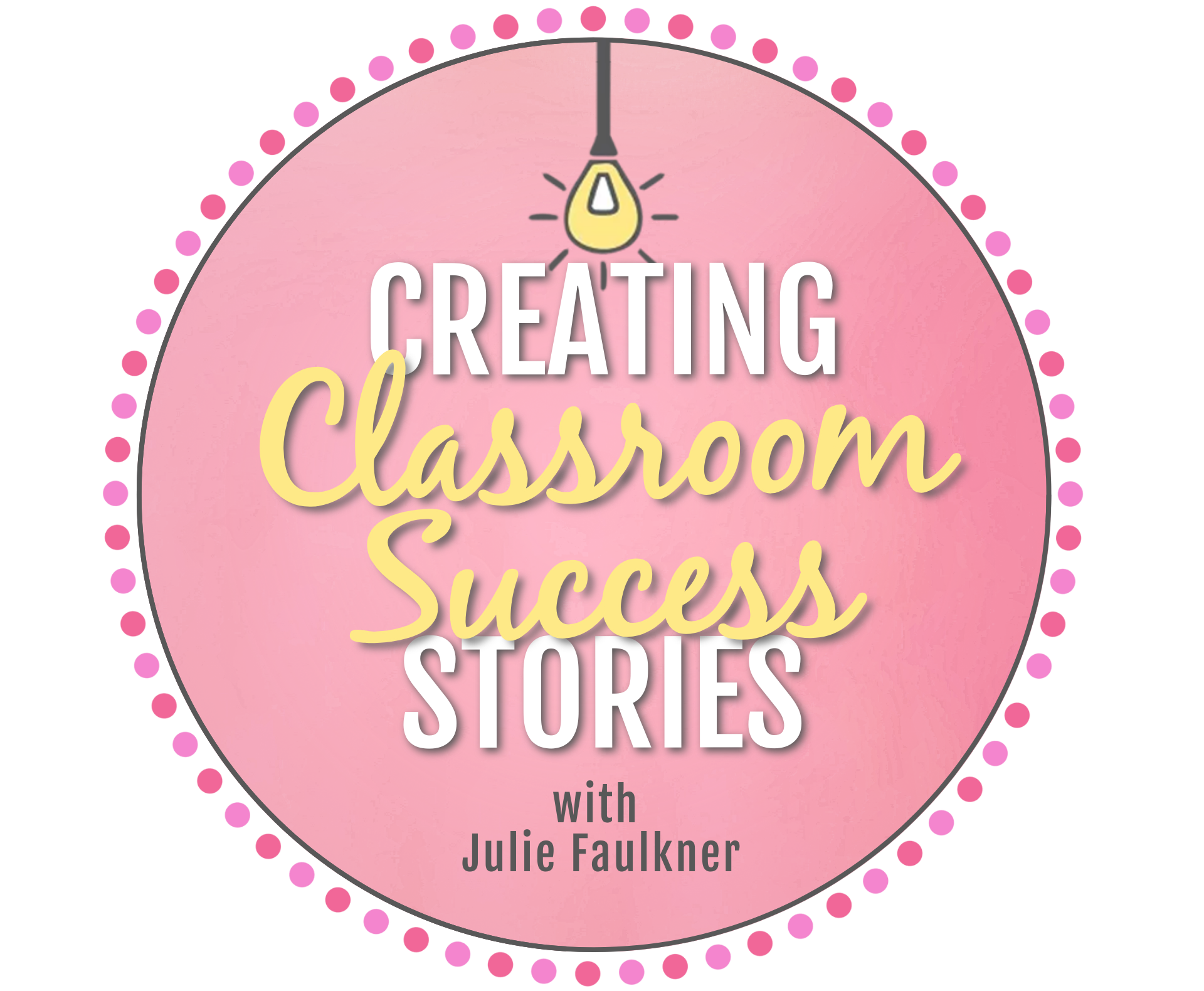Book Clubs For Secondary Classrooms
An English teacher’s life is packed, and for the most part on top of that, we are doing more than just teaching English. For me, I’m the yearbook adviser, the graduation coordinator, senior class sponsor, member of the leadership committee, etc. I’m sure your situation is similar. So, when I can cut down on what I might be doing in my English class that causes me more work (and doesn’t really benefit the students more than another choice I could make) I look at revising it. Therefore, one year the cut came to literature circles. In fact, I had done them several times, several ways and hated (I know that is a strong word, but really) so much that instead of revising it, I cut it completely for several years – until another idea hit me. So before I launch into what I do instead of literature circles, let me make my case against them. Primarily, my number one reason for not using literature circles is not the work load for me of all the copying, begging, keeping multiple stories straight, and grading through different work stacks, but rather the disservice I think it does to the students. Every single time I tried the literature circle strategy with different students reading different books doing different roles, never once did a student actually read the material in its entirety or go above and beyond to explore other aspects of the novel. They would cheat the system every single time no matter what I offered, promised, or threatened. In theory, I think they are great. Once I was brave enough to try again, I looked at ways to revise the concept and now my students read at least one novel out of class and not only do I look forward to the time, but so do they. So, what do I do? I still wanted it to have a read-for-fun concept, so we have Friday Book Clubs. Below is my method of implementation. This is my strategy for managing and maintaining out of class readings for students.
1. Each student reads the SAME book
I know- where’s the fun in not letting them pick? The picking strategy doesn’t work for me (or my students) because honestly, if they are all so good to be in the stack that it doesn’t matter what they pick, then why aren’t they reading them all? In my opinion, there’s no way each book can offer the same type of skills. For me, time is so precious, so I’m even using my out of class readings as a vehicle for skills I need to cover. Also, how can you make connections across other texts and concepts and reference them in class when only a certain number of students are privy to the info? I even seen with literature circles eventually the students read all the books anyway. I am not one to just fly through the pages of a book to check it off the list. I would rather my students take an entire semester on one book, if need be, to really dig into its layers instead of flying through a stack, just so everyone feels like he/she gets a choice. If they are reading them all, then it was never a choice anyway – just a choice in what order they read them, and it’s more frustration and work for the teacher.
2. Each student has the same role and goal – to get the most out of the book as possible so we are all on the same page
With literature circles, students get into groups to discuss the work they did for their specific role. Then they switch roles at different points and so on. I found that if a student was the word master for the group, that’s all she did. If a student was assigned to be the symbol sleuth, he just looked for symbols and completely missed any new words or any key developments with the characterization. I prefer my students to read with an open lens, so they come to class with all the information of the text bubbling around in their head. Then, I give them a focus for their discussions, and they drill down. To me, reading for just bits and pieces takes the fun out of reading. It makes it like shopping with a list – you miss other things you might’ve loved because you are too focused on just the list. See my accountable talk discussion pack and my emoji puppet stems for productive and fun discussions!
3. We do meet in small groups weekly
Students are still assigned (or choose) a small group of other students – their book club – for the duration of the study. They’ve all read the material and are ready to complete whatever activity for skills building and discussion that I have ready. Since my students read their books out of class, I dedicate every Friday to book clubs. While they are reading out of class, I just want them reading – no busy work to do, etc. Just reading and comprehending. Plus, I really do try to limit the amount of homework they are required to do because, let’s be real, most have jobs, play sports, take extra classes, etc. So, with my reading assignment, I just want them reading. Typically, my students do only one out of class novel per semester. That amounts to about 15-25 pages a week depending on the novel length. They have all read a certain number of pages over the course of the week, and on Friday they come to class ready for a short closed-book quiz. Yes, I give a quiz. (Maybe that could be a topic for another post.) After the quiz, we discuss openly the plot development from this week’s reading, I answer questions, and they discuss and debate, make predictions, and so forth. Next, they move into their small groups, and I have some sort of activity waiting for them to complete that is skills-based. Sometimes they close read a section and discuss. Other times, they are working on symbolism or characterization. During this time, I can visit each group and listen to their conversation because I know they’ve read the text and are now enjoying working together to complete the task. I can enjoy hearing what they say instead of worrying that some people haven’t even done the reading. See more about the specific anatomy of a book club meeting in this new post! Click here!
4. Students do have choices
Throughout the course of the unit, I do provide students with choices in the projects they do, essays they write, and even in the research they conduct. The book I pick is the constant and offers the stability, and from that students’ curiosity is piqued and choices are generated. I love using menu boards, giving lists of topics, or having students submit their own ideas. What I don’t have is copies and copies of various pages and packets that students must keep up with and manage. Task cards also help with streamlining work and provide differentiation.
5. Grading is more streamlined, and I get a better picture of what students understand on an individual level
I take grades from the quizzes, short writing prompts, research project presentations, essays, paired texts questions, and other related worksheets. All these things measure what the students can do on their own in response to the text rather than what they copy down on a sheet from the surface of the text. Each of my literature units that I develop and sell have all these no prep pieces included.
Basically, this method blends the modern idea of literature circles in the sense that students are reading out of class and coming together with a group to discuss and dig into the text with the old-fashioned methods of traditional out of class reading strategies that offer the structure and accountability that I think students also need to get the most from a text. I’ve had students tell me that was the first book they’ve ever read all of from beginning to end. I’ve had students say, “I really liked that book – what other stuff did he/she write or what would be another book like that?” and they go searching on their own. Now if that isn’t building true readers and opportunities for authentic choice, then I don’t know what is.
Some novel units I’ve completed with great success include Dave Cullen’s Columbine, Fahrenheit 451, and Lord of the Flies.
Also available are ready-to-go units for the following titles:
- Speak @ https://www.teacherspayteachers.com/Product/Speak-Literature-Guide-Novel-Unit-Complete-Plan-232923
- Bleachers @ https://www.teacherspayteachers.com/Product/Bleachers-Literature-Guide-Unit-Plan-John-Grishams-Football-Novel-2764052
- I Know Why the Caged Bird Sings @ https://www.teacherspayteachers.com/Product/I-Know-Why-the-Caged-Bird-Sings-Angelou-Literature-Guide-CCSS-1095853
- Don’t see your favorite title? You can now build your own book club with my Teaching Literature Bundle!
Love this content?
Sign up for my email newsletter with more tips, ideas, success stories, and freebies!










